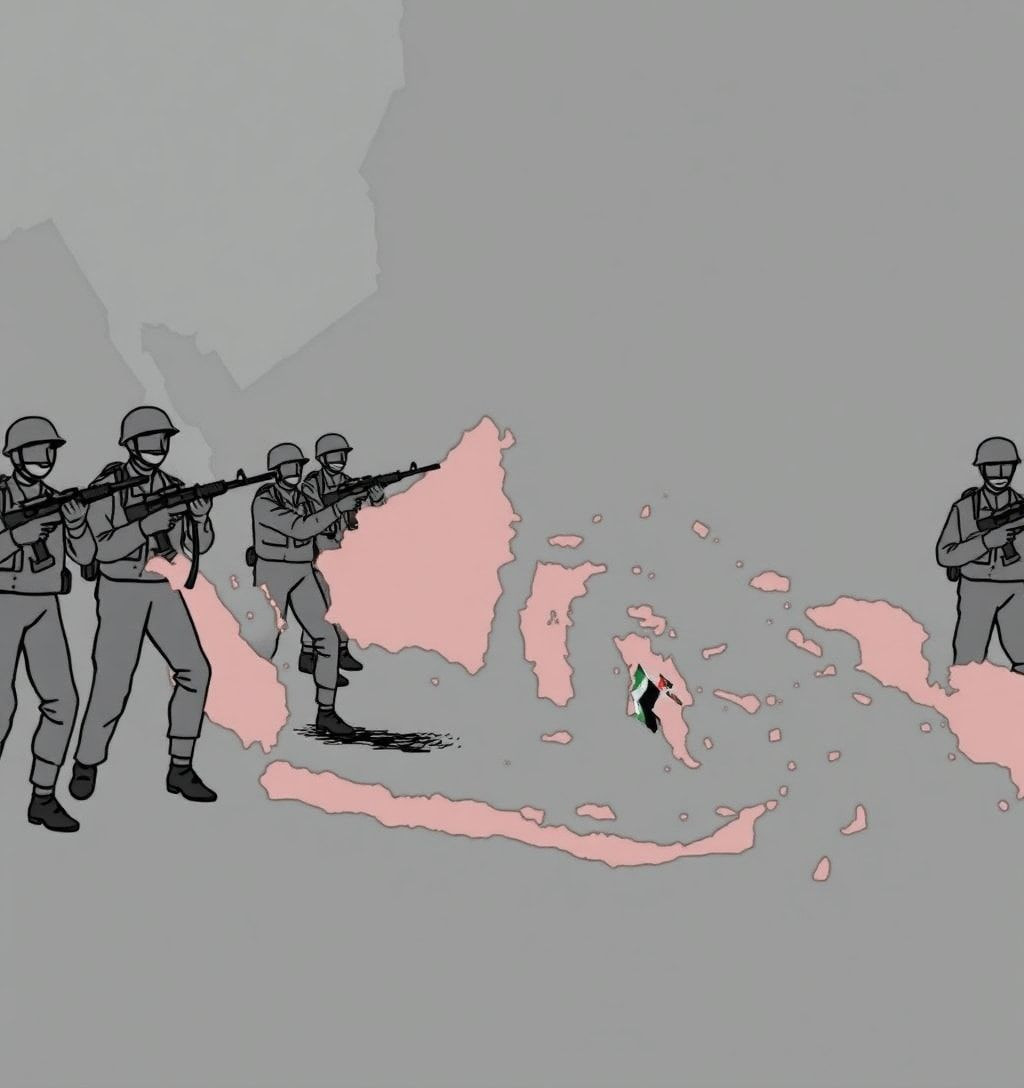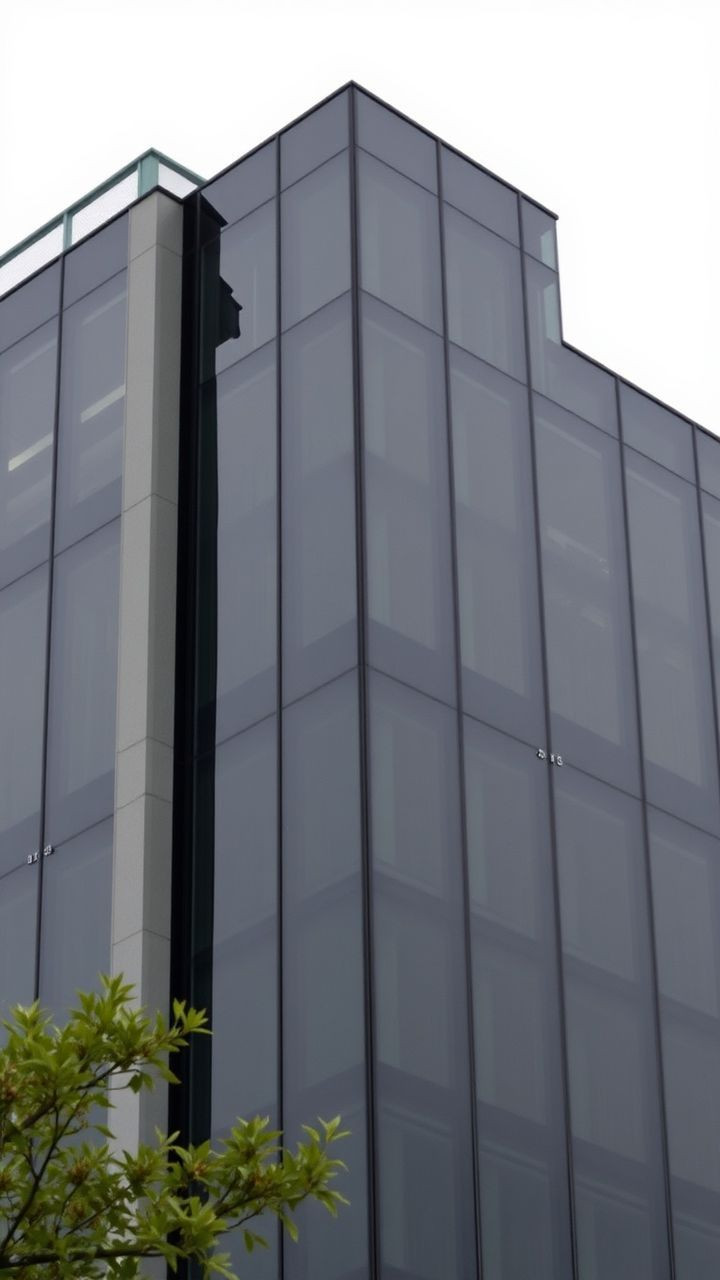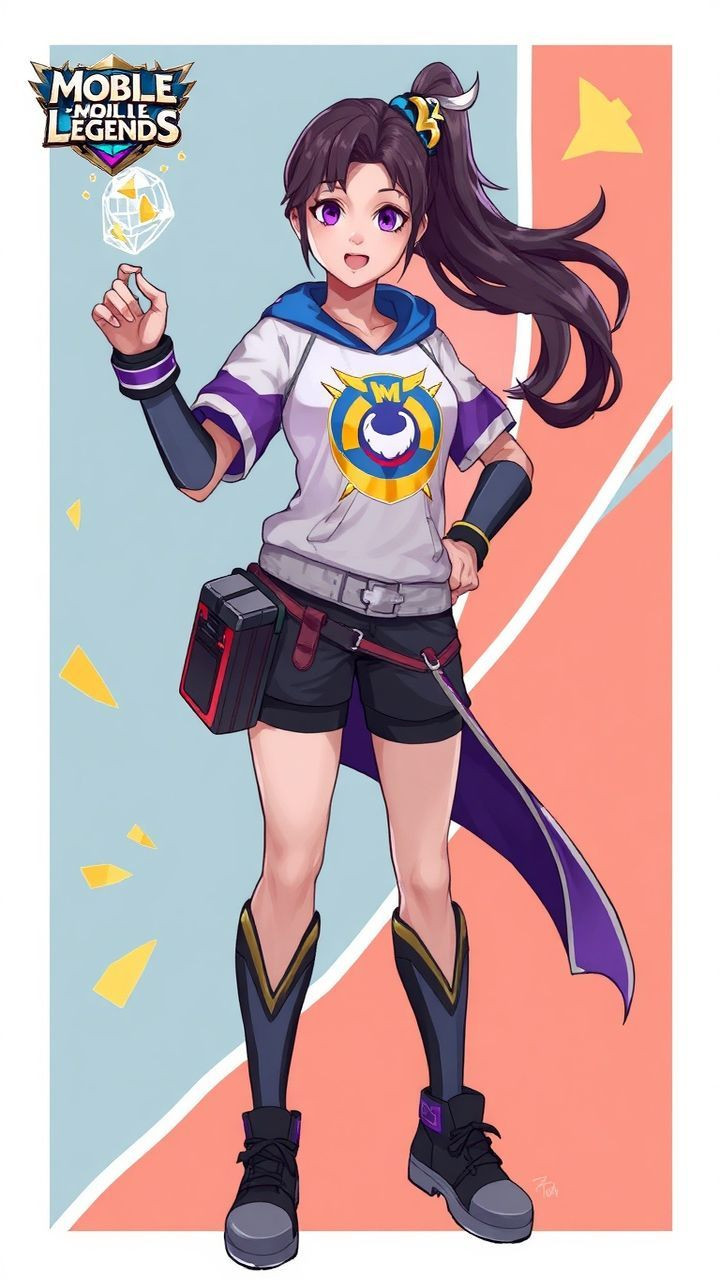
"The Challenges Facing Nicaragua's Ortega: A Recipe for Disaster
"The Challenges Facing Nicaragua's Ortega: A Recipe for Disaster
The Challenges Facing Nicaragua's Ortega: A Recipe for Disaster
As we look to the future, it is crucial to reflect on the significant challenges facing Daniel Ortega, the President of Nicaragua. His recent decision to grant himself "absolute power" under a constitutional amendment raises grave concerns about the destruction of the rule of law and fundamental freedoms in Nicaragua.
A Recipe for Disaster: Concentration of Power
Ortega's proposal, approved by the National Assembly dominated by his ruling FSLN party, grants him and his wife Rosario Murillo, 73, the authority to coordinate all legislative, judicial, electoral, and supervisory bodies. This drastic change marks a significant shift in Nicaragua's political landscape, with far-reaching implications for human rights and democracy.
The Presage of Authoritarianism: A Threat to Democratic Institutions
The amended constitution defines Nicaragua as a "revolutionary" and socialist state, featuring the red-and-black flag of the FSLN – a guerrilla group turned political party that overthrew a US-backed dictator in 1979 – among its national symbols. This move is a clear indicator of authoritarian tendencies, which have been growing concerns for years.
International Concerns: United Nations High Commissioner for Human Rights Weighs In
The regional office of the United Nations High Commissioner for Human Rights (OHCHR) has expressed deep concern about the reform, citing setbacks in civil and political liberties. The amendment also allows for stricter control over the media and the Church, which are not subject to "foreign interests." This development raises concerns about the ability of independent institutions to function effectively.
A Nepotistic Dictatorship: Critics Describe Concentration of Power
Ortega's government has been criticized for its increasingly authoritarian practices, with critics describing a nepotistic dictatorship. His wife Rosario Murillo, 73, serves as vice president and has played a key role in tightening control over all sectors of the state. This concentration of power raises concerns about the accountability of the government.
Human Rights Concerns: A Pattern of Oppression
Nicaragua has jailed hundreds of opponents, real and perceived, since Ortega returned to power in 2007. The country has also shut down more than 5,000 NGOs, with thousands of Nicaraguans fleeing into exile. The regime is under US and EU sanctions, with most independent and opposition media now operating from abroad.
A New Chapter in History: A Recipe for Entrenchment
Murillo hailed the reform as marking "a new chapter in our history... of freedom, national dignity, and national pride." However, this move is unlikely to bring about a new era of freedom and human rights. Instead, it may further entrench authoritarianism and undermine democratic institutions.
Conclusion: A Call to Action
The challenges facing Nicaragua's Ortega are significant, with far-reaching implications for human rights and democracy. The concentration of power in the hands of one individual, combined with the erosion of independent institutions and the suppression of opposition voices, raises concerns about the future of the country. As we look ahead to 2025, it is essential to continue monitoring developments in Nicaragua and advocating for greater accountability and transparency.
Subheadings:
The Challenges Facing Nicaragua's Ortega
A Recipe for Disaster: Concentration of Power
The Presage of Authoritarianism: A Threat to Democratic Institutions
International Concerns: United Nations High Commissioner for Human Rights Weighs In
A Nepotistic Dictatorship: Critics Describe Concentration of Power
Human Rights Concerns: A Pattern of Oppression
A New Chapter in History: A Recipe for Entrenchment
Conclusion: A Call to Action




